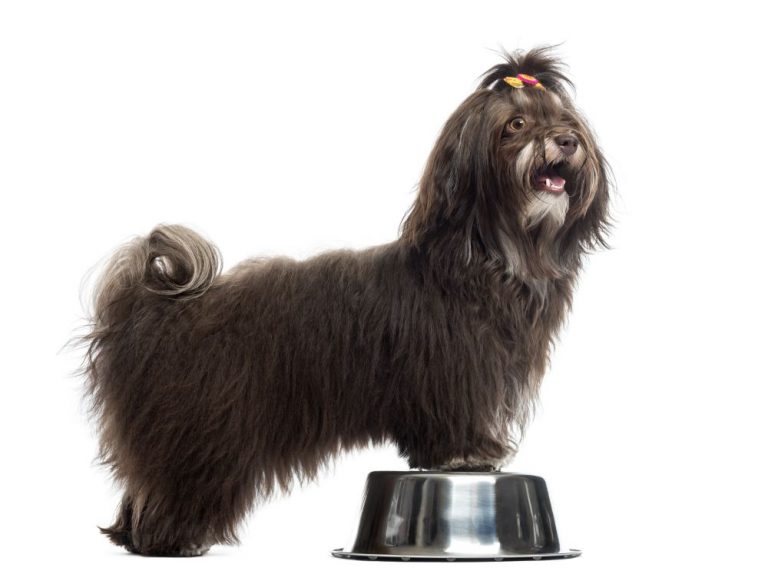Havanese Health: 12 Tips On How to Keep Your Havanese Healthy
Keep your Havanese healthy and happy longer by following these tips! As always, remember to discuss any diet or lifestyle changes with your veterinarian.
- Start out right by acquiring your Havanese from a reputable and responsible breeder! A reputable and responsible breeder is someone who raises their puppies in a loving environment and gives them proper health care prior to going home, such as puppy inoculations and dewormings. It is best to find an experienced breeder who has been breeding Havanese for at least 10 years.
- Make sure to bring your Havanese in to the veterinarian for its yearly check up and vaccinations!
- Talk to your veterinarian about a heartworm preventative, as well as a flea and tick preventative. Remember that these products are poisons to kill the fleas, ticks, and heartworms, so use them sparingly with discretion.
- Feed your Havanese a healthy diet; homecooking may be a good option if you have time for it! If not, make sure to thoroughly research whatever commercially produced food you choose to feed your Havanese and talk it over with your veterinarian.
- Do not feed your Havanese scraps from the table! Feeding your dog from the table where you eat will teach them bad habits like begging.
- Brush your Havanese daily and bathe them weekly. Trim their coat yourself or have a groomer do it every six to eight weeks.
- Spay or neuter your Havanese! This can help curb behavioral issues such as marking in males or health issues such as pyometra in females. Talk to your breeder and veterinarian about what age you should spay or neuter your Havanese. We have found that most males should be neutered at 6 months of age and females between 6 and 8 months of age, depending on whether they are large or small. The larger they are, the sooner you can spay them.
- Exercise your Havanese daily. Havanese do not require intensive exercise, but they still require some playtime every day.
- Train your Havanese; a dog that knows not to eat random things off the floor is a dog that will stay healthier longer!
- Keep an eye on your Havanese’s weight. If your Havanese gains weight, you can talk to your veterinarian or breeder about how to approach weight loss. Remember, even a pound makes a big difference on a small dog!
- Brush your Havanese’s teeth! This will help substantially to slow tooth decay, keeping your Havanese’s teeth healthy and strong longer. Start by sticking your finger and a toothbrush for dogs in their mouth when they’re a puppy. If you start when they’re young and make a game out of it, then it won’t be as difficult when they’re older!
- Do your own check ups! You don’t have to wait for your veterinarian’s yearly check up. It’s a good idea to regularly check your Havanese over, feeling for any changes.





